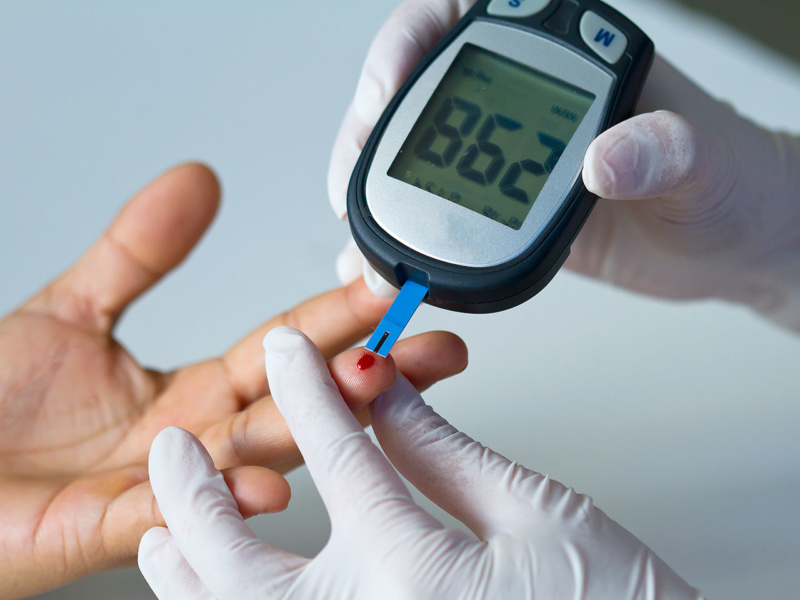Type 2 diabetes is a metabolic disorder that is characterised by high blood sugar, insulin resistance and a relative lack of insulin. Insulin is needed for the conversion of glucose into energy, and when someone has diabetes their blood glucose is increased. Type 2 accounts for approximately 85% of people with diabetes. Traditionally, it was viewed as a long-term, degenerative disorder, however, today there is evidence that it can be managed with the appropriate diet and activities or even go into remission.
Early signs of Type 2 diabetes
Type 2 diabetes takes many years to develop. Many people get diagnosed without noticing any symptoms, however, some of the potential signs include:
- Increased thirst
- Increased hunger
- Dry mouth
- Frequent urination
- Unexplained weight loss
- Fatigue
- Blurred vision
- Headaches
Reduce the risk of Type 2 diabetes
- Eating a healthy balanced diet
- Maintaining a healthy weight
- Stopping smoking
- Drinking alcohol in moderation
- Taking plenty of regular exercise
- Manage your blood pressure and cholesterol levels
- Getting your blood glucose levels checked
Living with Type 2 diabetes
- Eating a healthy diet eg: Mediterranean diet, low carbohydrate diet
- Eat to your ‘meter’ – get a meter to see your blood glucose’s reaction to different food
- Maintaining good physical and mental health
- Preventing illness or accidents
- Effectively dealing with minor ailments and long-term conditions such as foot problems and poor eyesight
- Take appropriate medicines if necessary
Long term complications
Diabetes is a serious disease that is very important to treat. Long term complications of poorly managed diabetes can include:
- Cardiovascular disease
- Stroke
- Kidney damage
- Foot problems due to poor circulation
- Retinopathy, leading to poor sight or blindness
- Depression
- Nerve damage
- Poor circulation leading to limb amputation.
Activities
- Keeping active
- Gardening
- Walking
- Swimming
- Dancing
- Cycling
- Horse riding
- Yoga and pilates
- Jogging
- Golf
Useful links
- www.diabetes.org.uk/type-2-diabetes
- www.nhs.uk/conditions/type-2-diabetes
- www.diabetes.co.uk/
- www.dietdoctor.com
- www.diabetesaustralia.com.au/type-2-diabetes
- www.ndss.com.au/
Research & education
- Online type 2 diabetes research papers
- Source of online research papers regarding diabetes
- Prevention and management of Covid-19 among patients with diabetes
- Funded Diabetes Research in the UK
- Type 2 Diabetes Community Forum
- UK Diabetes Research
- European Commission classifies obesity as a chronic disease
